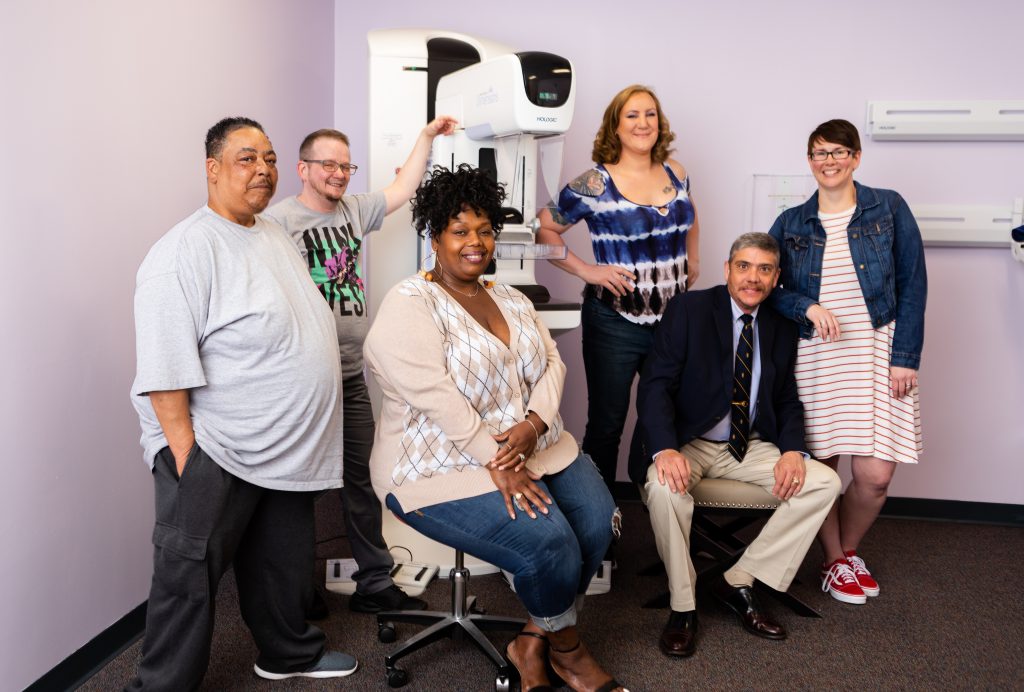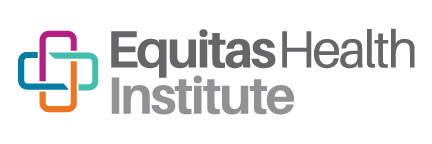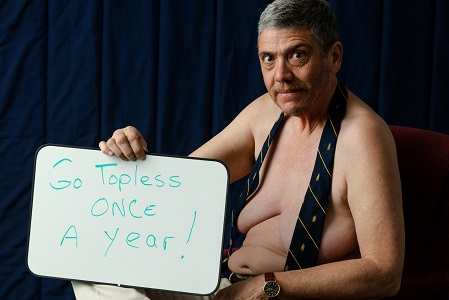Breast/Chest Health and the LGBTQ+ Community
Breast/Chest Health and the LGBTQ+ Community
By Ramona Peel, Lead Trainer
Every October, public spaces across the country are covered in black, orange, and pink. Halloween explains those first two colors, and the third is associated with breast cancer awareness. That campaign is necessary because breast cancer is one of the leading causes of death in the United States, and in many cases lives are cruelly cut short because the disease was too advanced at the point it was detected. We know that early detection of this sort of cancer can significantly increase a person’s chances of long-term survival, so preventative care is one of the best weapons we have against breast cancer.
Unfortunately, the LGBTQ+ community is at a disadvantage when it comes to fighting breast cancer. While we lack a substantial amount of direct data on whether LGBTQ+ people suffer from higher rates of breast cancer than the rest of the population (due to insufficient research and data collection), we can infer that it’s likely that LGBTQ+ folks are at higher risk due to a number of factors.
First, LGBTQ+ people are more likely to suffer from a cluster of health disparities that tend to increase a person’s risk of developing breast cancer. For example, the available data shows that lesbian-identified women are more likely to use and misuse alcohol, tobacco, and other substances (as a way to cope with minority stress) and they are statistically less likely to experience a pregnancy. All of these factors individually increase the likelihood of developing breast cancer, so it’s reasonable to conclude that a population suffering from a cluster of these health disparities would also experience an increased risk of breast cancer.
Secondly, if an LGBTQ+ person seeks out preventative care for this sort of cancer, they are likely to enter an environment that doesn’t seem built to include them. For an example, just the term breast cancer can send the message that trans men and non-binary people who were assigned female at birth are not going to be welcomed or affirmed. Many members of these groups don’t think of or call that part of their bodies breasts, so instead it’s better to talk about breast/chest health/screenings. In a similar fashion, extensive references to this sort of preventative care as “women’s health” or a color scheme that is overwhelmingly pink can also be off-putting to those who need these screenings but do not identify as women.

In addition, if an institution or its staff doesn’t possess sufficient LGBTQ+ cultural humility, it can also drive away people who need treatment. A trans woman who needs a mammogram is unlikely to make another appointment at a clinic where she was repeatedly misgendered. A bisexual woman is going to avoid getting screenings at an institution where she overheard the staff making insensitive & biphobic remarks, and so on.
The Institute is engaged in an ongoing statewide effort to train mammogram clinics and breast/chest health institutions to be more culturally humble and structurally competent. Another part of this effort is educating community members about when they should be screened for breast/chest cancer and why. With all of this in mind, at 7 pm on June 25th at the Mount Auburn Presbyterian Church in Cincinnati, the Institute will be hosting an LGBTQ+ community conversation about breast/chest health and best practices concerning breast/chest care. Please join us and learn more about who needs screenings, when/how often screenings should occur, and why screenings are needed. Anyone who shows up will be registered in a free raffle drawing, and participants will receive a free t-shirt and cap promoting this campaign (“Go Topless Once A Year”) while supplies last. This event is open to all. No registration required.
No matter who we are or how we feel about our bodies – even if we dislike the color pink, or if we love it and wear it all year long – one thing is true: We deserve breast and chest care that affirms our bodies, genders, and identities. If you have any questions about our breast/chest health programs, or about the June 25 event, please contact Lead Trainer Ramona Peel at ramonapeel@equitashealth.com.

